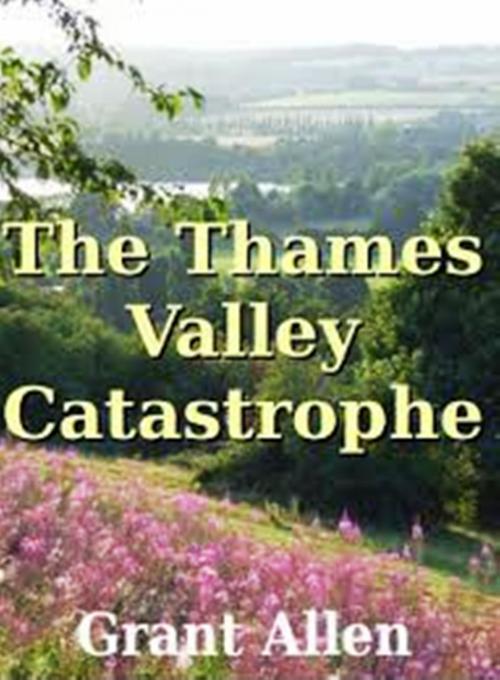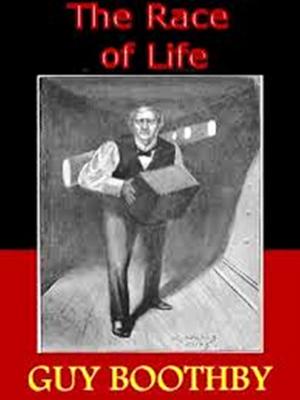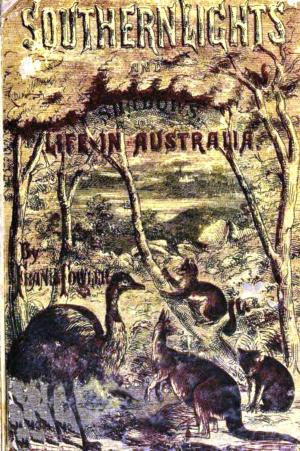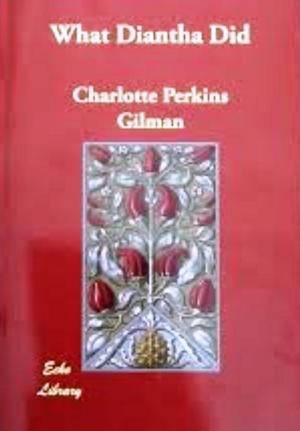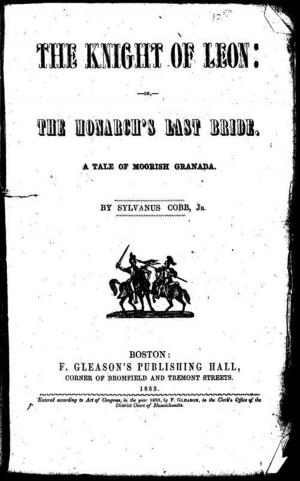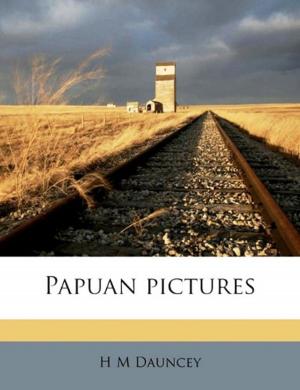| Author: | Grant Allen | ISBN: | 1230000139640 |
| Publisher: | WDS Publishing | Publication: | June 6, 2013 |
| Imprint: | Language: | English |
| Author: | Grant Allen |
| ISBN: | 1230000139640 |
| Publisher: | WDS Publishing |
| Publication: | June 6, 2013 |
| Imprint: | |
| Language: | English |
It can scarcely be necessary for me to mention, I suppose, at this time of day, that I was one of the earliest and fullest observers of the sad series of events which finally brought about the transference of the seat of Government of these islands from London to Manchester. Nor need I allude here to the conspicuous position which my narrative naturally occupies in the Blue-book on the Thames Valley Catastrophe (vol. ii., part vii), ordered by Parliament in its preliminary Session under the new regime at Birmingham. But I think it also incumbent upon me, for the benefit of posterity, to supplement that necessarily dry and formal statement by a more circumstantial account of my personal adventures during the terrible period.
I am aware, of course, that my poor little story can possess little interest for our contemporaries, wearied out as they are with details of the disaster, and surfeited with tedious scientific discussions as to its origin and nature. But in after years, I venture to believe, when the crowning calamity of the nineteenth century has grown picturesque and, so to speak, ivy-clad, by reason of its remoteness (like the Great Plague or the Great Fire of London with ourselves), the world may possibly desire to hear how this unparalleled convulsion affected the feelings and fortunes of a single family in the middle rank of life, and in a part of London neither squalid nor fashionable.
It is such personal touches of human nature that give reality to history, which without them must become, as a great writer has finely said, nothing more than an old almanac. I shall not apologize, therefore, for being frankly egoistic and domestic in my reminiscences of that appalling day: for I know that those who desire to seek scientific information on the subject will look for it, not in vain, in the eight bulky volumes of the recent Blue-book. I shall concern myself here with the great event merely as it appeared to myself, a Government servant of the second grade, and in its relations to my own wife, my home, and my children.
On the morning of the 21st of August, in the memorable year of the calamity, I happened to be at Cookham, a pleasant and pretty village which then occupied the western bank of the Thames just below the spot where the Look-out Tower of the Earthquake and Eruption Department now dominates the whole wide plain of the Glassy Rock Desert. In place of the black lake of basalt which young people see nowadays winding its solid bays in and out among the grassy downs, most men still living can well remember a gracious and smiling valley, threaded in the midst by a beautiful river.
It can scarcely be necessary for me to mention, I suppose, at this time of day, that I was one of the earliest and fullest observers of the sad series of events which finally brought about the transference of the seat of Government of these islands from London to Manchester. Nor need I allude here to the conspicuous position which my narrative naturally occupies in the Blue-book on the Thames Valley Catastrophe (vol. ii., part vii), ordered by Parliament in its preliminary Session under the new regime at Birmingham. But I think it also incumbent upon me, for the benefit of posterity, to supplement that necessarily dry and formal statement by a more circumstantial account of my personal adventures during the terrible period.
I am aware, of course, that my poor little story can possess little interest for our contemporaries, wearied out as they are with details of the disaster, and surfeited with tedious scientific discussions as to its origin and nature. But in after years, I venture to believe, when the crowning calamity of the nineteenth century has grown picturesque and, so to speak, ivy-clad, by reason of its remoteness (like the Great Plague or the Great Fire of London with ourselves), the world may possibly desire to hear how this unparalleled convulsion affected the feelings and fortunes of a single family in the middle rank of life, and in a part of London neither squalid nor fashionable.
It is such personal touches of human nature that give reality to history, which without them must become, as a great writer has finely said, nothing more than an old almanac. I shall not apologize, therefore, for being frankly egoistic and domestic in my reminiscences of that appalling day: for I know that those who desire to seek scientific information on the subject will look for it, not in vain, in the eight bulky volumes of the recent Blue-book. I shall concern myself here with the great event merely as it appeared to myself, a Government servant of the second grade, and in its relations to my own wife, my home, and my children.
On the morning of the 21st of August, in the memorable year of the calamity, I happened to be at Cookham, a pleasant and pretty village which then occupied the western bank of the Thames just below the spot where the Look-out Tower of the Earthquake and Eruption Department now dominates the whole wide plain of the Glassy Rock Desert. In place of the black lake of basalt which young people see nowadays winding its solid bays in and out among the grassy downs, most men still living can well remember a gracious and smiling valley, threaded in the midst by a beautiful river.
